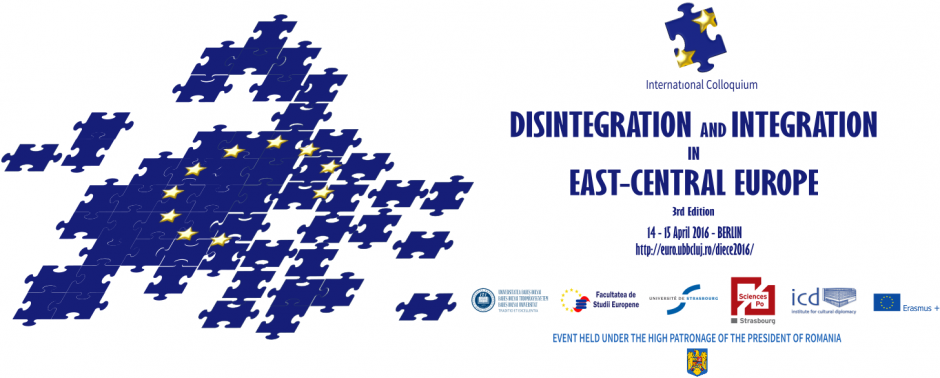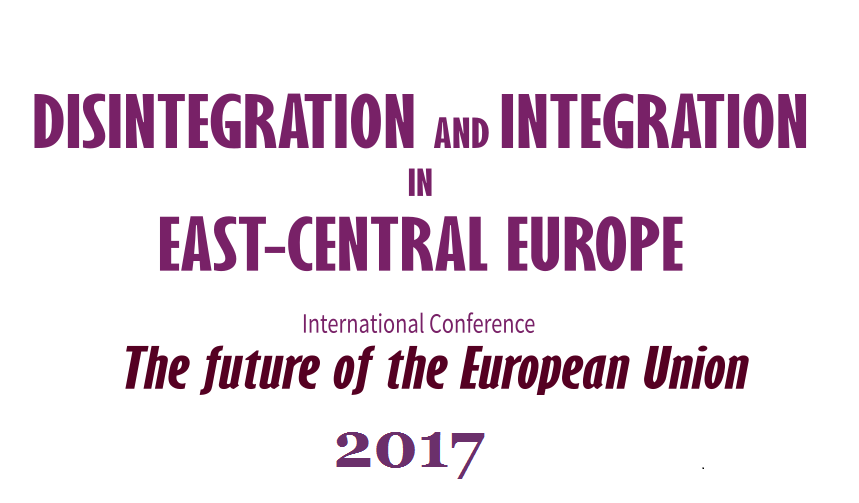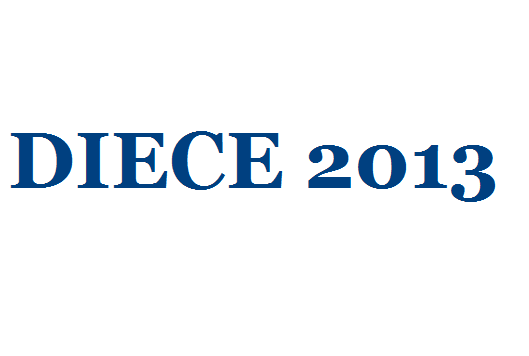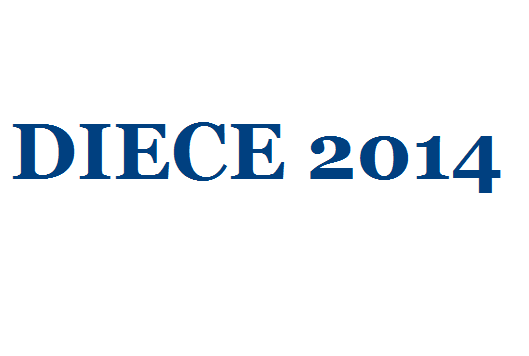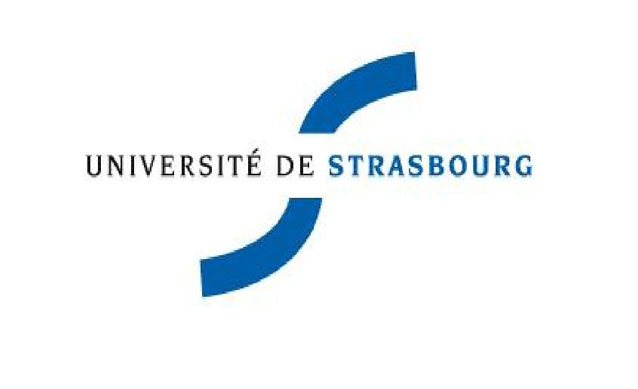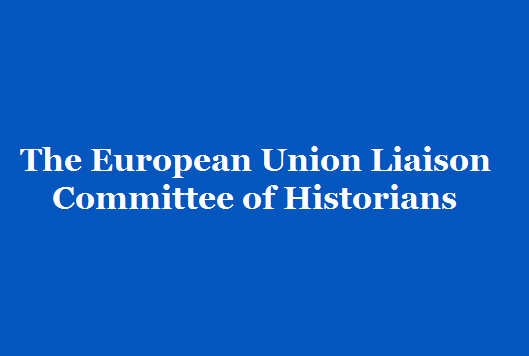France’s oldest Institute of Political Studies (Sciences Po) after Paris
The École libre des sciences politiques – it was the abbreviation of this name that gave us the term ‘Sciences Po’ – was founded by Emile Boutmy in February 1872. At the time, France was going though a period of repL’IEP Strasbourgublican and intellectual renewal. Boutmy wanted to reform the way in which the nation’s elite were trained and help France to recover after the debacle of the Franco-Prussian war of 1870-71.
The innovative approach to education adopted by the Ecole libre laid the foundations for the future Institutes of Political Studies (known as Sciences Po). For example, those directly concerned with the political process (statesmen, diplomats, etc.) were invited, for the first time, to teach alongside recognised academics; active cooperation was developed with universities abroad; and emphasis placed on the study of contemporary societies.
In 1945, the leaders of the Provisional Government of the French Republic, driven by their ambition for reform and the need to modernise the administration of France, established the National School of Administration (ENA). They also reformed the Ecole libre des Sciences Politiques and the initial training curriculum for public administration. This is how the Institute of Political Studies of the University of Paris (Sciences Po Paris) came into being, and at the same time, the National Political Science Foundation (FNSP). This period also saw the start of two processes which Sciences Po would continue to develop: democratisation (opening up access to its teaching to students other than those from the top Parisian lycées) and decentralisation. Thus 1945 also saw the establishment, by decree, of the Institute of Political Studies of the University of Strasbourg, the first Sciences Po outside Paris. Following on from this, eight other Sciences Po institutes were established (Bordeaux, Grenoble, Lyon and Toulouse in 1948, Aix in 1956, Lille and Rennes in 1991 and Saint-Germain-en -Laye in 2014).
The educational innovations of the former Ecole Libre continue to live on the spirit of Sciences Po today. Highly attuned to current developments, it has adapted its training programme to the contemporary world and anticipated needs in the fields of research and career skills. Initially a three-year undergraduate programme aiming to prepare students to take the competitive entrance examinations for the civil service, the diploma awarded by Sciences Po was extended to become a five-year course of study in 2005, to bring it in line with the LMD reform and comply with European standards.
The multidisciplinary education provided at Sciences Po includes law, economics, management, history, political science, geography, languages and marketing. The study programme is divided into three years during which students take all subjects, followed by two years of specialisation. The aim is to produce graduates who are specialists in a particular field (at Strasbourg the specialisations are economics and finance, public administration or international relations) but who also have an excellent general knowledge (especially a grounding in politics and history). This is what differentiates them from graduates of more traditional courses, and enables them to apply a cross-cutting perspective to the tasks that will be required of them. It is this special capacity for expertise that has always been, and remains, the hallmark of the added value of Sciences Po.
Source: http://www.iep-strasbourg.fr/en/institut/presentation/histoire-de-liep/
About the ICD
In the current increasingly globalized world, individuals, corporations and governments from across the globe are becoming more integrated than ever before and have the ability to exchange information faster and more efficiently; Thus, inter-cultural relations have become increasingly important in the 21st century. Cultural diplomacy has long been recognized as a prime instrument to promote international links and understanding between countries and peoples; The Institute for Cultural Diplomacy was founded with this aim in mind.
Founded in 1999, the Institute for Cultural Diplomacy (ICD) is an international, not-for-profit, non-governmental organization with headquarters in Berlin (since 2003), and the USA.
“The ICD´s ultimate goal is to promote global peace and stability by strengthening and supporting intercultural relations at all levels.”
Philosophy
The ICD understands that in an increasingly globalized world, in which people are able to travel and exchange information faster than ever before, there is a growing interdependency between nations. As a result, successful inter-cultural interaction will undoubtedly become a major challenge for international relations in the 21st century.
In this regard, the ICD believes that inter- and intra-cultural relations can be strengthened and maintained through dialogue. This, in turn, leads to a better understanding and greater trust between cultures, prevent misunderstanding, improve communication and cooperation and help to reduce the likelihood of socio-cultural conflicts.
Role & Mission
The major objectives of the ICD are to extend current research, programs and practices in the field of cultural diplomacy and create a platform to promote and sustain inter-cultural dialogue at all levels. The ICD actively encourages and supports cultural diplomacy as an academic discipline.
ICD Activity & Methodology (More) »
Over the past decade the ICD has grown to become one of Europe’s largest independent cultural exchange organizations, hosting programs that facilitate interaction among individuals of all cultural, academic, and professional backgrounds, from across the world.
The Institute for Cultural Diplomacy’s primary activity focuses on the development and the promotion of the field of Cultural Diplomacy with the aim to raise awareness and understanding of the field across the globe both locally and internationally; The ICD works continuously to develop new and innovative initiatives of cultural diplomacy.
In addition to promoting cultural diplomacy through its own initiatives, the ICD also promotes cultural diplomacy by actively supporting the work that is already being done in this area by partnering and communicating with other actors in the field.
The ICD activities are implemented and executed by its four main institutions: the Academy for Cultural Diplomacy, the Organization for Youth Education & Development (OYED), the Inter Parliamentary Alliance for Human Rights & Global Peace (IPAHP) and the ICD House of Arts & Culture.
Source: http://www.culturaldiplomacy.org/index.php?en_abouticd
The European Union Liaison Committee of Historians came into being in 1982 as a result of an important international symposium that the Commission had organized in Luxembourg to launch historical research on European integration. The committee is composed of historians of the European Union member countries who work on contemporary history.
The Liaison Committee:
- gathers and conveys information about work on European history after the Second World War
- advises the European Union on research projects concerning contemporary European history. Thus the Liaison Committee was commissioned to make publicly available the archives of the Community institutions
- enables researchers to make better use of the archival sources
- promotes research meetings to get an update of work in progress and to stimulate new research: seven research conferences have been organized and their proceedings published.
The Journal of European Integration History – Revue d’histoire de l’intégration européenne – Zeitschrift für Geschichte der europäischen Integration, is in line with the preoccupations of the Liaison Committee. Being the first history journal to deal exclusively with the history of European integration, the Journal offers the increasing number of young historians devoting their research to contemporary Europe, a permanent forum.
The Liaison Committee works completely independently and according to historians’ critical method.
Source: http://www.eu-historians.eu/
